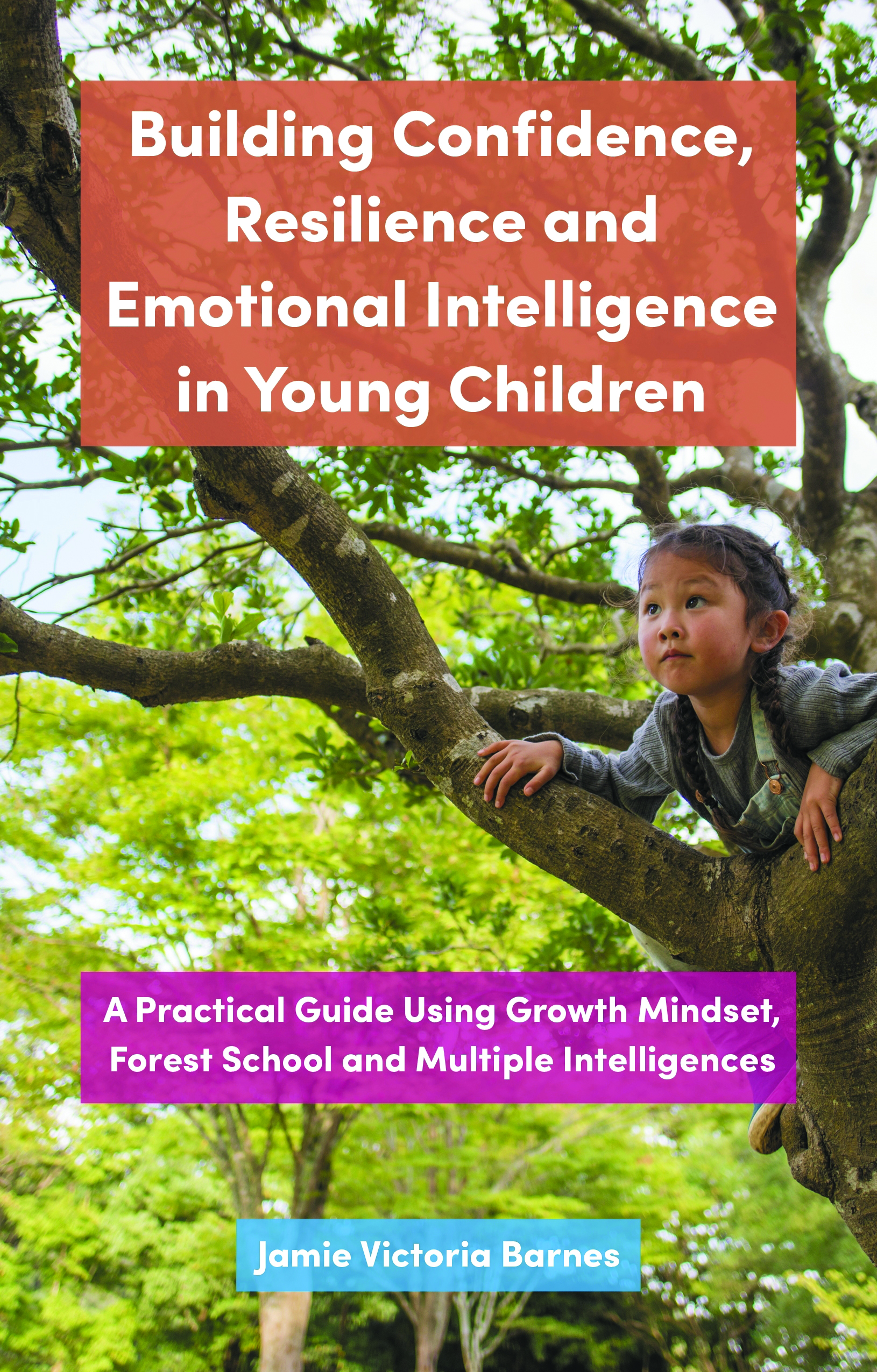
 1. Building Confidence, Resilience and Emotional Intelligence in Young Children
1. Building Confidence, Resilience and Emotional Intelligence in Young Children
By Jamie Victoria Barnes (Jessica Kingsley, £14.99)
This book takes the idea that education should be adapted to the child, rather than children being subjected to the same teaching styles regardless. It looks at different forms of intelligence, with suggestions on how to adapt an activity within the EYFS to cover different learning styles. The author explores growth mindsets versus fixed mindsets, and EYFS-related possibilities offered by Forest School, teaching children about emotions. She moves on to discussing how to be a reflective practitioner. With an appendix of activities and reflection points.
Register now to continue reading
Thank you for visiting Nursery World and making use of our archive of more than 35,000 expert features, subject guides, case studies and policy updates. Why not register today and enjoy the following great benefits:
What's included
-
Free access to 4 subscriber-only articles per month
-
Unlimited access to news and opinion
-
Email newsletter providing activity ideas, best practice and breaking news
Already have an account? Sign in here









